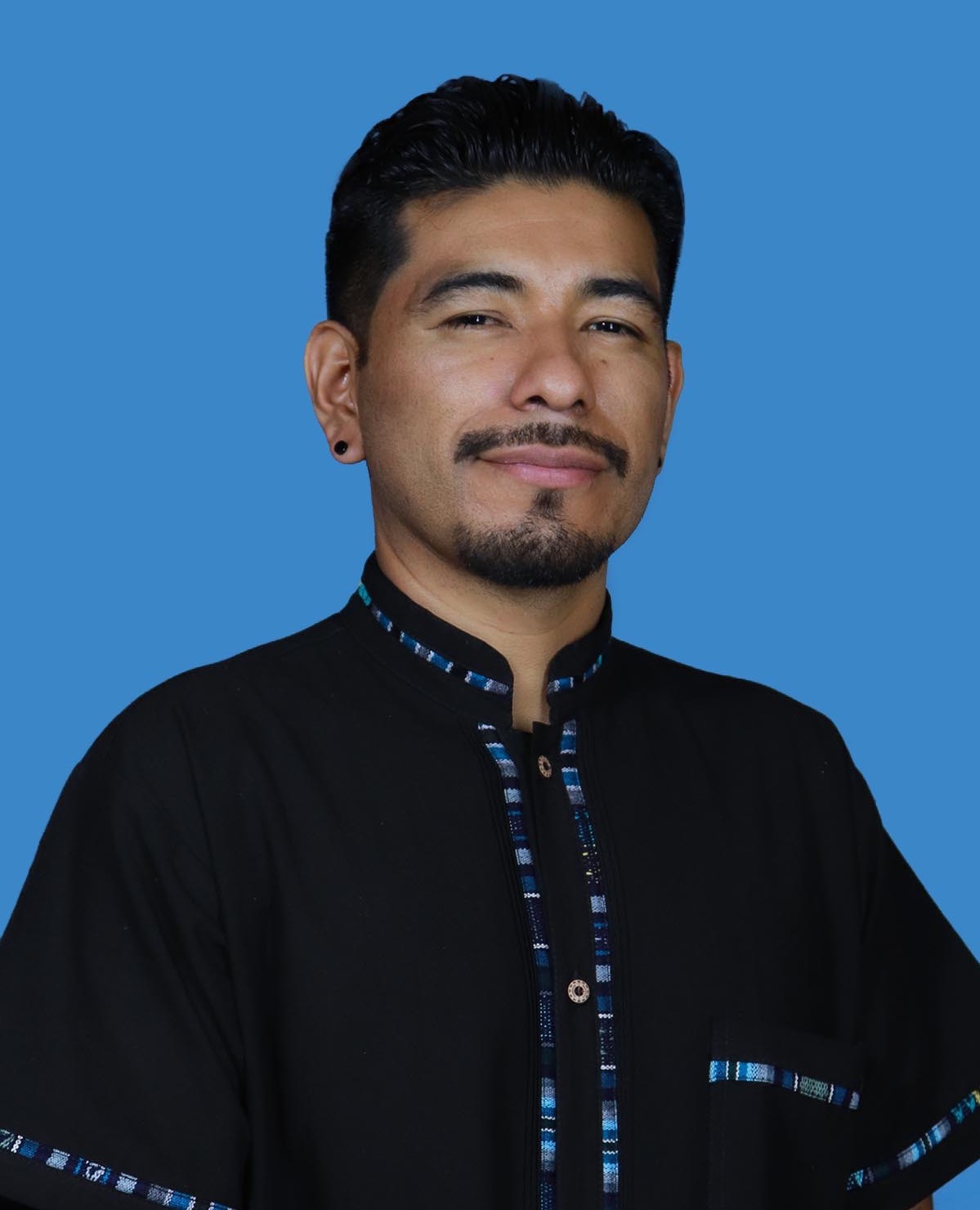Dr. Giovanni Batz, an Assistant Professor in the Chicano/a Studies department, recently joined the LAIS Program as an affiliated faculty member. He specializes in Maya social movements and resistance, extractivist industries, and migration. His book The Fourth Invasion will be released with UC Press in November of 2024. In this interview Professor Batz joined us to talk about the motivations behind his study of Latin America, his various research interests, as well as the influence that his research has had on him and him on it.
What led you to pursue study in Latin America?
To understand why I do the research that I do one has to see where I came from. I was born and raised in L.A. and my parents are from Guatemala. Growing up I kind of felt like I didn’t fit into particular narratives of what it meant to be Latino, Latinx, or from a Latin American community. When I looked at my name Giovanni Batz a lot of people thought it was European, but it turned out that “Batz” is an ancestral Maya K’iche’ name. There were little questions I asked myself, like why is my name different? Why does my abuelita dress differently in Guatemala versus here in L.A.? Why did my parents migrate? All these little questions eventually led me back to Guatemala to do research. I was researching Latin American studies to kind of understand myself. Those personal inquiries were what really motivated me to pursue higher education and to try and find some of those answers. Sometimes questions lead to more questions, so little by little I started developing my research questions through that way.
What is your research focusing on now and why do you think it’s important?
The current project that I’m finalizing right now focuses on Indigenous, or Maya, movements against extractivist industries in the form of hydroelectric and mining. Right now there is this political global juncture that we are experiencing given the high demand of natural resources, metal and electricities among other things, to fuel our need for technological goods. There’s a move to promote electric cars as a form of combating climate change, but again those lithium batteries have to come from somewhere and that electricity has to come from somewhere. So I think it’s not an accident that I started looking at extractivist industries. That’s just where the current movement is right now at a global level. It’s something that’s not just impacting Latin America, but also impacting communities in Africa, Asia, and Europe as well. So my research is focused on movements that combat that. At the same time I look at political repression or state sponsored violence against those that protest these “development projects” as corporations and the state label them. I also look at the consequences of participating in these movements, and seeing how historical violence and state sponsored violence against those who question authority are displaced and then how this affects migration.
How has your work and research influenced you?
In terms of my research it definitely makes me more aware of my place in society and my social and political responsibilities. I’ve been doing my research in Guatemala since 2011, so almost 13 years. I also lived at the US Mexico border for 3 years in Las Cruces, New Mexico. So, my research has definitely been influenced by personal experiences I’ve had and seeing the injustices of what’s going on in Guatemala, the conditions in which people are forced to flee. Then living at the border for 3 years during COVID I witnessed first hand the violence that migrants experience from border control as well as from conservative members of society on both sides of the border. I saw how vulnerable Central American migrants are to organized crime. My experience influences the way I think about problems and a lot of the things that I research aren’t abstract. The stories that I document or write about they’re not void of emotion and personal experiences. If anything, my work is partly motivated in the hopes of making folks aware of what’s going on in the world, to just highlight these injustices. I try to access different spaces to try and disseminate my work, not necessarily just in academic spaces, but also visiting different institutions to raise awareness.
What is something someone might be surprised to know about you?
That I love Pokemon. I feel that sometimes we ride on heavy topics, but I think it’s also important to realize we’re all human beings at the end of the day. It’s just kind of something about myself that I try to highlight, that I write about heavy stuff but I’m also really interested in Star Wars and Pokemon and geeky stuff.
*This interview was conducted by Isabelle Tate-Arévalo

